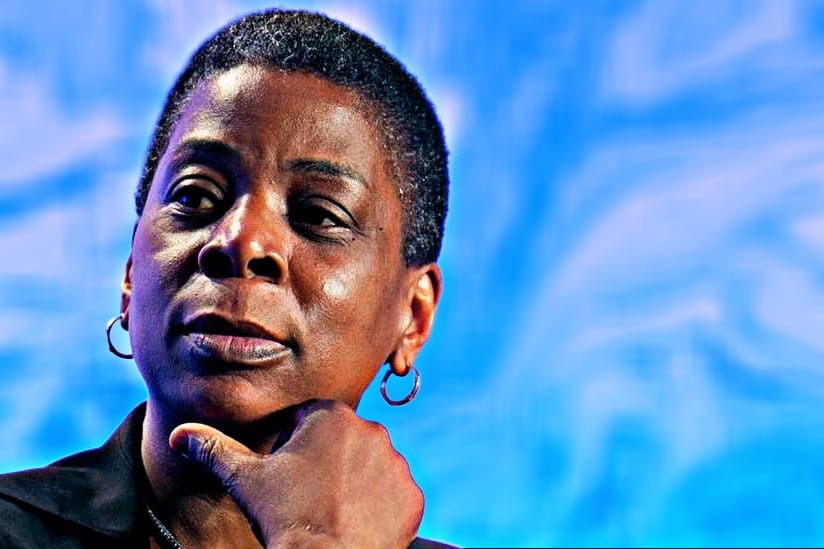Ursula Burns is a name synonymous with groundbreaking leadership, corporate innovation, and trailblazing success. As the first Black woman to lead a Fortune 500 company, Ursula Burns has become an icon of leadership, diversity, and perseverance in the business world. She broke barriers in an industry historically dominated by men, leaving an indelible mark on the global business landscape. Her journey from a mechanical engineering graduate to the CEO of Xerox Corporation is a story of hard work, resilience, and an unwavering commitment to change the status quo. In this article, we delve into the life and legacy of Ursula Burns, exploring her remarkable career, leadership style, impact on the corporate world, and the lessons she offers aspiring leaders worldwide.
Early Life and Education of Ursula Burns
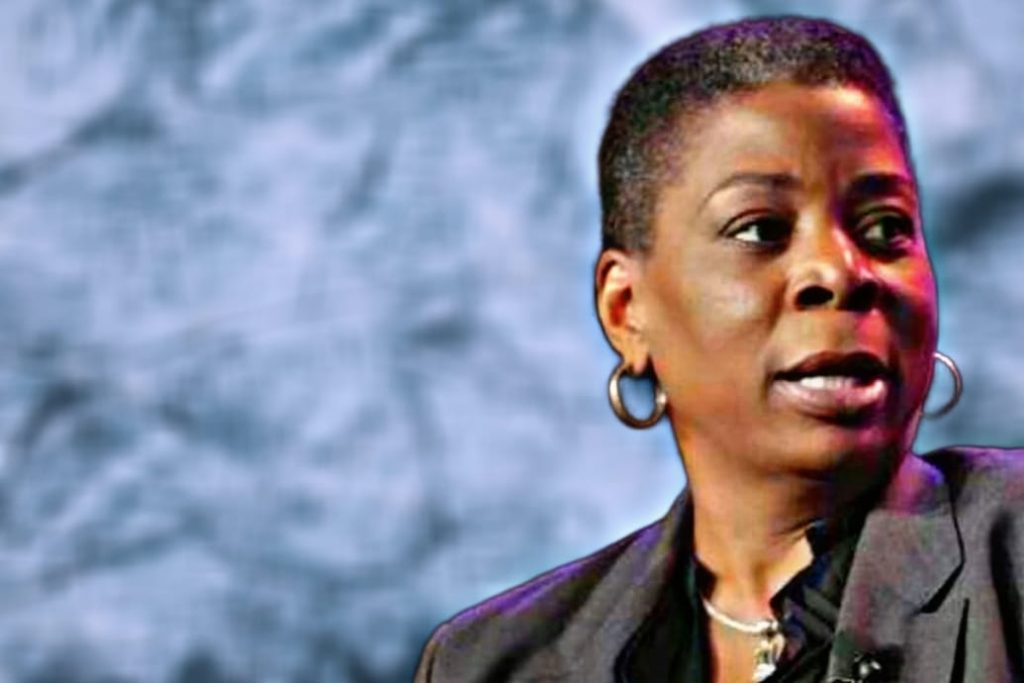
Born on September 20, 1958, in New York City, Ursula Burns grew up in the tough neighborhoods of the Lower East Side. She was raised by her mother, a strict but supportive figure who instilled in Ursula the values of discipline, education, and hard work. Burns’ early life was shaped by the challenges faced by many inner-city families, but it was also an environment that taught her resilience and the importance of setting and achieving goals.
Ursula Burns attended the prestigious Polytechnic Institute of New York University (NYU), where she earned a bachelor’s degree in mechanical engineering in 1980. The field of engineering, which was traditionally male-dominated, provided Ursula with the technical expertise that would later shape her approach to leadership. Burns didn’t just see her degree as a path to technical proficiency; she viewed it as a tool to disrupt conventional industries and advance in her career.
After completing her undergraduate studies, Ursula Burns furthered her education at Columbia University, where she earned a master’s degree in mechanical engineering. This solid academic foundation set the stage for her subsequent success in the corporate world, where her technical knowledge and intellectual rigor would become key assets throughout her career.
Early Career and Rise Through Xerox
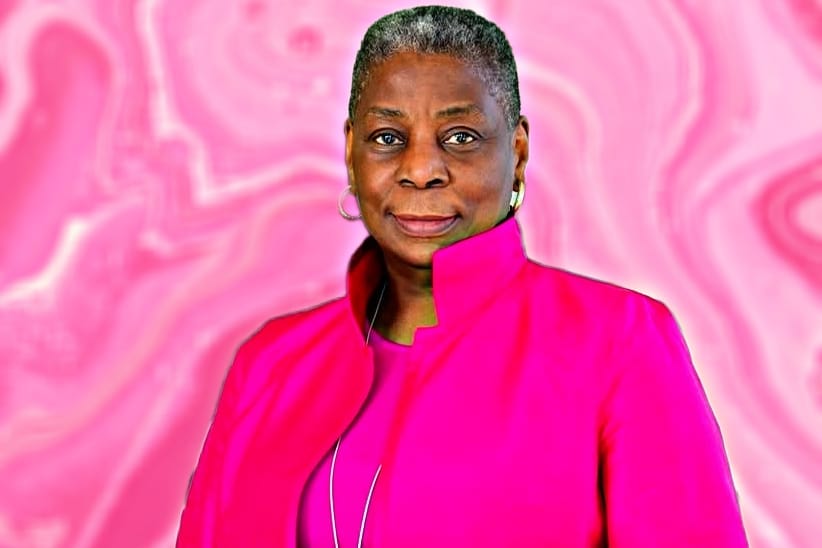
Ursula Burns’ professional journey began at Xerox Corporation in 1980, when she joined the company as a mechanical engineering intern. Xerox, known for its innovation in photocopiers and printing technologies, was a company with a rich legacy and a deep focus on research and development. Ursula Burns quickly impressed her superiors with her technical expertise, work ethic, and problem-solving abilities, making her a standout in a company filled with brilliant minds.
Ursula Burns’ ascent through Xerox was marked by a series of increasingly influential roles. After several years in engineering, she transitioned into various leadership positions within the company. She held senior roles in product development, manufacturing, and business operations, where she made significant contributions to Xerox’s growth and development. Over time, Ursula Burns technical background helped her establish credibility not only in engineering but also in management and strategy.
Her rise to the executive level was swift, and she eventually became President of Xerox in 2000. By 2001, she was named Chief Operating Officer (COO) of the company. Ursula Burns’ leadership was characterized by a focus on innovation and efficiency, and she became known for her hands-on approach to management and her ability to align technological advancements with corporate strategy.
Ursula Burns Becomes CEO of Xerox
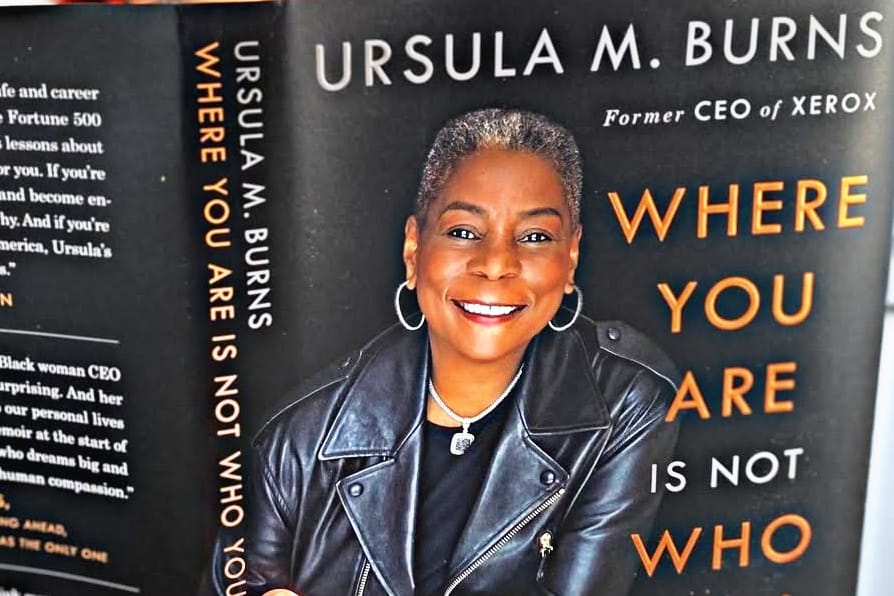
The moment that cemented Ursula Burns’ legacy as one of the most influential business leaders of her generation came in 2009, when she was appointed CEO of Xerox Corporation. Burns made history as the first African American woman to become the CEO of a Fortune 500 company, a feat that was groundbreaking not just because of her gender, but also due to the racial barriers she overcame in an industry known for its lack of diversity in top management positions.
Under Burns’ leadership, Xerox underwent a significant transformation. One of the most important moves she made was to refocus the company on its core strengths in document technology while repositioning Xerox as a services-oriented organization. She shifted Xerox’s business model from being primarily a product-based company to a provider of business process outsourcing (BPO) services and managed print services.
In 2010, Ursula Burns led the company through the acquisition of Affiliated Computer Services (ACS), a major player in the BPO sector. This strategic acquisition was one of the cornerstones of her strategy to diversify Xerox’s offerings, allowing the company to better compete in a rapidly changing technological landscape.
Ursula Burns also guided the company through the process of simplifying its organizational structure, streamlining operations, and cutting costs. These efforts helped Xerox navigate the challenges posed by the decline of the traditional print industry, which had been Xerox’s core business for decades.
Restructuring and Transformation
Ursula Burns believed in the power of reinvention. Under her leadership, Xerox not only improved its operational efficiency but also embraced innovation in a way that would help secure its future in the digital age. In 2016, she oversaw a significant restructuring of the company, leading to the split of Xerox into two separate publicly traded companies: one focused on document technology and the other on business services.
This split was a bold move that demonstrated Ursula Burns forward-thinking leadership. It allowed both entities to operate with greater focus and agility in their respective markets. Xerox, which would continue to focus on printing and imaging, became a leaner, more streamlined entity, while the services side (Xerox Business Services) became a powerful player in business process outsourcing.
The decision to split the company was not without its challenges, but Burns’ strategic vision paid off. The restructuring created a path for Xerox to thrive in an increasingly digital and automated world. The company was able to focus on its key strengths while positioning itself for long-term growth.
Leadership Style and Corporate Culture
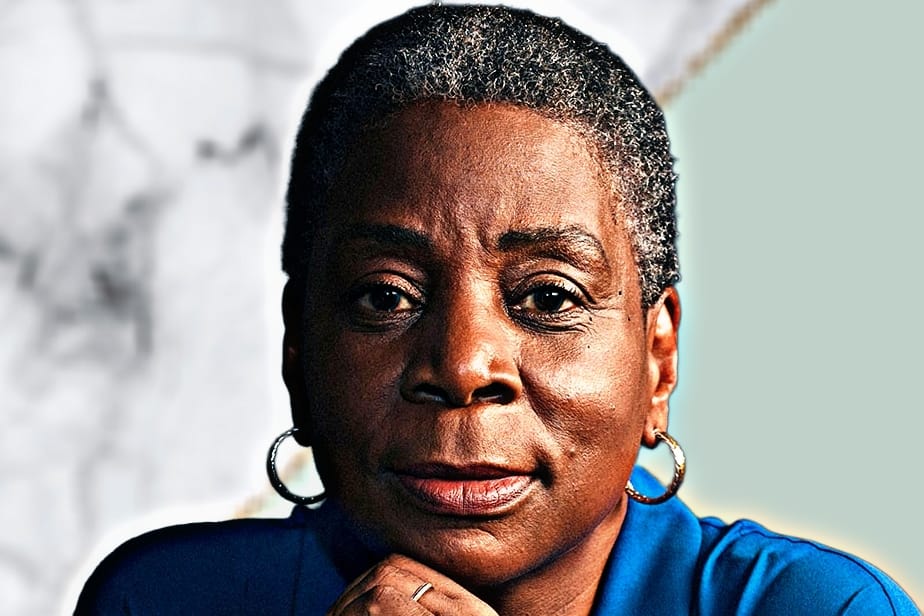
Ursula Burns’ leadership style is often described as pragmatic, decisive, and focused on execution. She is known for her hands-on approach to leadership, often personally overseeing major strategic initiatives and decisions. Burns also emphasized the importance of building strong relationships with her team, encouraging open communication, and fostering an environment of inclusivity and collaboration.
One of the hallmarks of her leadership was her focus on diversity and inclusion. As a woman of color in a predominantly male and white corporate world, Burns understood the importance of fostering a workplace where diverse perspectives were valued. Under her leadership, Xerox made significant strides in promoting diversity and creating a corporate culture where women and minority groups had equal opportunities for advancement.
Ursula Burns has often spoken about the challenges of being a woman in a male-dominated industry and the importance of supporting other women and minorities in leadership roles. Her commitment to diversity wasn’t just about representation; it was about recognizing that diverse teams lead to better decision-making and more innovative solutions.
Ursula Burns also placed a significant emphasis on mentorship. She recognized that her own rise to the top had been shaped by the guidance and support she received from mentors, and she was committed to providing similar opportunities to others. Her leadership philosophy was rooted in the idea that success should be shared and that empowering others to reach their full potential was key to long-term organizational success.
Social Responsibility and Advocacy
Beyond her business achievements, Ursula Burns has been a passionate advocate for social justice and corporate responsibility. Throughout her career, Burns has been deeply involved in philanthropic activities, particularly in the areas of education, leadership development, and social equity. She is a strong proponent of closing the racial and gender gaps in leadership positions across industries.
Ursula Burns has also served on numerous boards of organizations committed to social good, including the Ford Foundation, the MIT Corporation, and the Carnegie Hall Society. Her advocacy extends to issues such as healthcare reform, economic empowerment, and increasing access to quality education for underprivileged communities.
In 2015, Ursula Burns was appointed to the White House’s National Economic Council, where she played a role in advising on policies related to economic growth and the role of technology in creating jobs. She has used her platform to speak out on issues such as racial inequality, the importance of technology in workforce development, and the need for greater representation of women and minorities in tech and business.
Ursula Burns’ Legacy and Impact on Business
Ursula Burns’ legacy as a leader is marked by her ability to navigate challenges with grace, her commitment to social responsibility, and her groundbreaking success as a woman and African American in a high-powered corporate role. She has left an indelible mark on Xerox, transforming the company into a modern, services-oriented enterprise. More importantly, her leadership has had a far-reaching impact on the way women and minorities are viewed in corporate leadership roles.
As one of the most influential Black women in business, Ursula Burns has inspired generations of leaders to believe in their ability to overcome barriers and create lasting change. Her story serves as a reminder that leadership is not just about reaching the top, but also about lifting others along the way and creating a more inclusive and equitable world.
Conclusion
Ursula Burns’ story is one of perseverance, innovation, and visionary leadership. From her humble beginnings in New York City to becoming the CEO of Xerox Corporation, she has defied expectations and broken down barriers in the corporate world. Her leadership style, focus on diversity and inclusion, and commitment to social responsibility have left a lasting impact on Xerox and the broader business community.
As a role model for aspiring leaders, particularly women and people of color, Ursula Burns legacy continues to inspire and motivate future generations. Her career proves that with determination, innovation, and the courage to challenge the status quo, it is possible to achieve extraordinary success and create lasting change.

